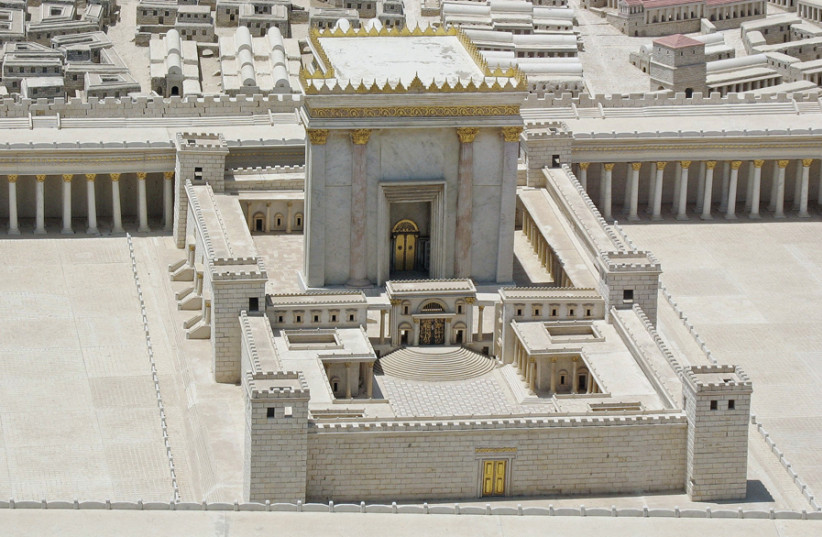Asara Betevet is the only fast where the original rabbinic authorities were divided on which day the historical event should be commemorated. Should it be on the fifth of the month, when the actual siege on Jerusalem began, or on the 10th of Tevet, when news of the siege reached the people living in Babylonia?
There is a very significant difference between these two dates. Are we fasting to mark the siege itself or, rather, the day when the Jews in exile became aware of the fact that this had occurred and internalized the immense loss that it represented?
A second question worthy of consideration is why we would even choose to mark the beginning of the destruction of Jerusalem and not just the final destruction itself – which is already commemorated on Tisha Be’av.
There is an essential lesson to garner from both these questions.
In general, a fast in Judaism is not intended as a day of mourning, but, rather, as a day of teshuva (repentance). It is a day to focus on the past and to ask ourselves what we can take away from it for the future.

It is unlike a yahrzeit (annual anniversary to mark a death), which is a day of mourning. When a loved one is ill, we carefully monitor and remember the various stages of their deterioration. When were they admitted to hospital? When did they stop communicating? And when exactly did they die? All those moments become etched in our memories because we mourn the fact that they are no longer with us. Their lives have been extinguished, and that is something that we need to mourn.
It’s critical therefore that we take that difference in understanding and apply it to our modern-day times. The harsh reality is that in many ways our world today is marching in a path not so dissimilar to that which our forefathers experienced all those centuries ago.
On the one hand, we live in a world of relative prosperity. Despite challenges, our economy is strong, and we live in countries with relative peace and national security. But internally we are witnessing disturbing trends that can once again threaten to lead to another national destruction.
The 10th of Tevet is the day on the national calendar when tradition demands we recognize how processes begin. We know how they can end, but it is far more difficult to be wise enough to look at the present and appreciate where they might take us; to appreciate that even in the best of times, if we ignore the real threats around us and within us, we can quickly be returned to times of tragedy, loss and destruction.
It is for this reason that we choose to mark the 10th of Tevet to teach us the lesson of acknowledging how processes begin. The designation of the 10th day of the month – as opposed to the fifth, when the siege actually occurred – is to re-instill within us the importance of internalizing events. It is not simply that they happened but that we actually understand and appreciate why they are so tragic.
We are, sadly, living at a time of ambivalence and apathy to the potential tragedies that might occur if we don’t wake up to the internal disunity among the Jewish people, both in Israel and in the Diaspora. The 10th of Tevet is the reminder that we need to look at history to appreciate the need to look ahead and recognize the dangers before they occur. The 10th of Tevet demands that we wake up.
May it be a meaningful day for all.
The writer is founder and chairman of the Tzohar Rabbinical Organization in Israel.
